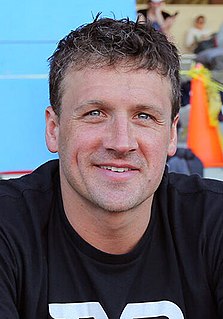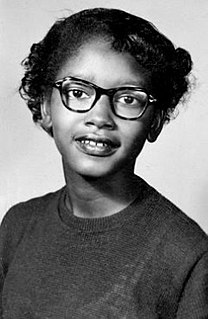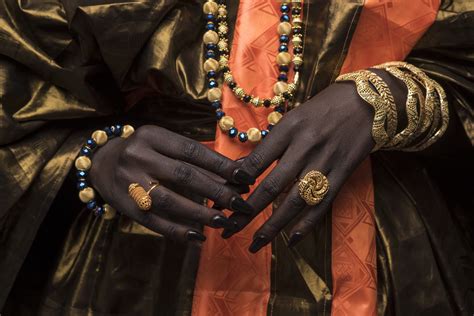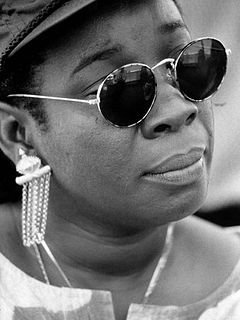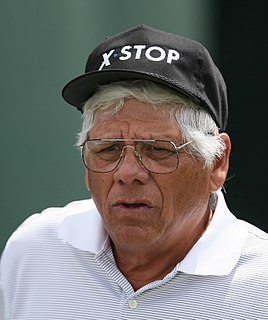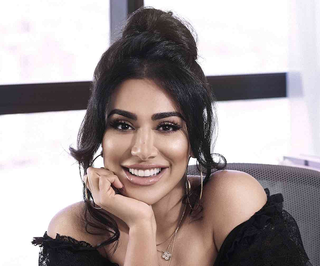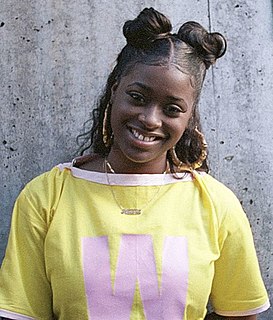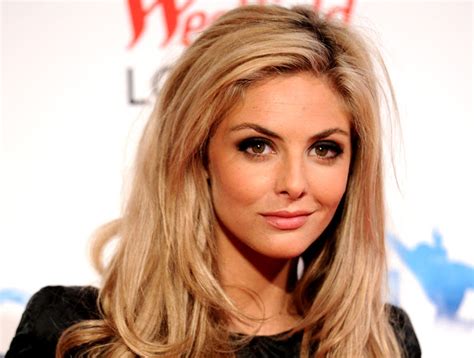A Quote by Ryan Lochte
It's not like I'm looking for a blonde or a brunette, light-skinned or dark-skinned. I feel like I give any girl a fighting chance.
Related Quotes
This will play right into Obama's hands. He's humanitarian, compassionate. They'll use this to burnish their, shall we say, 'credibility' with the black community -- in the both light-skinned and dark-skinned black community in this country. It's made-to-order for them. That's why he couldn't wait to get out there, could not wait to get out there.
Light-skinned black people are seen to be closer to white people. The allegiance to lighter-skinned people has operated in a very destructive way that we have internalized ourselves inside black communities. You look at many of the prominent black people in this society who have been able to do well. Many have been lighter-skinned.
My father was a dark-skinned brother, but my mother was a very fair-skinned lady. From what I understand, she was Creole; we think her people originally came from New Orleans. She looked almost like a white woman, which meant she could pass - as folks used to say back then. Her hair was jet-black. She was slim and very attractive.
I've always been 'other' in all the spaces that I've been in. Even when I first moved to America, just the idea that I was a dark-skinned black girl from England with an accent. It's one thing to be a black girl, but it's another to be a dark black girl. I was chastised for that. I was chastised for the way I spoke.
Sure, I've felt racism. I think everybody has prejudice. When I was growing up, the dark Mexican kids weren't allowed in the public swimming pool in Dallas. My light-skinned friend got in, and he laughed at us. It didn't seem like a big deal, because we didn't know any different. So I never ran into anything that actually scarred me.
He likes a day in the studio to end, he says, "when my knees are all skinned up and my pants are wet and my hair's off to one side and I feel like I've been in the foxhole all day. I don't think comfort is good for music. It's good to come out with skinned knuckles after wrestling with something you can't see. I like it when you come home at the end of the day from recording and someone says, "What happened to your hand?" And you don't even know. When you're in that place, you can dance on a broken ankle.
